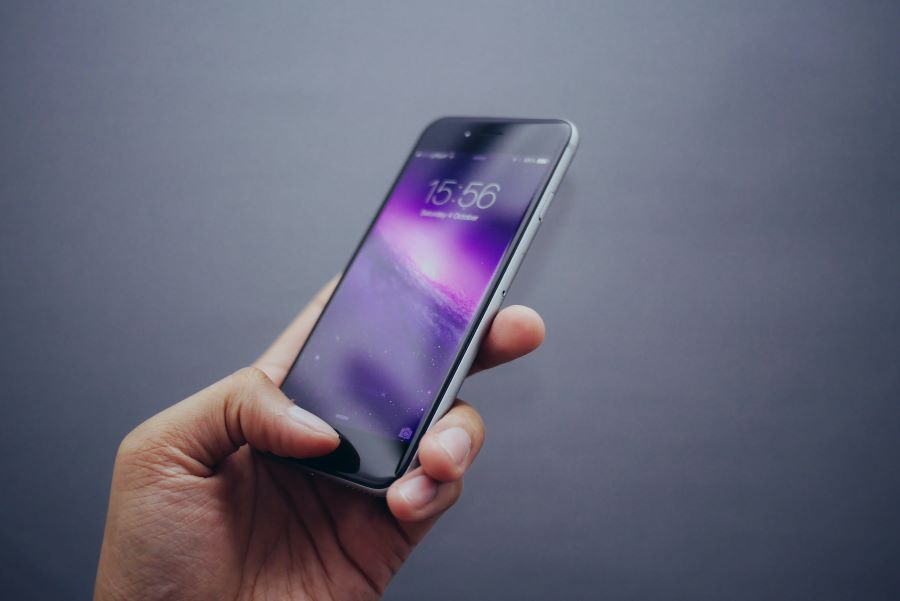In the age of advanced technology and telecommunications, the prevalence of caller ID spoofing has increased significantly. This deceptive practice involves manipulating the caller ID information to display a different number, making it appear as though the call is originating from a legitimate source. In this blog post, we will explore the concept of caller ID spoofing, discuss how to spot spoofed calls, and provide tips on how to avoid falling victim to this deceptive tactic.
Buy Airtel Prepaid with exciting benefits!
Understanding Caller ID Spoofing
What is Caller ID Spoofing?
Caller ID spoofing is a technique used by malicious individuals to falsify the phone number and/or name displayed on the recipient’s caller ID. This is done with the intent to deceive the call recipient into believing that the call is coming from a trusted source, such as a government agency, a bank, or a family member.
Also Read: Here’s how to stop unwanted phone calls
The Dangers of Caller ID Spoofing
Spoofed calls can be used for various nefarious purposes, including:
Phishing scams: The caller may attempt to trick the recipient into revealing sensitive information, such as passwords, bank account details, or credit card numbers.
Social engineering attacks: The caller may manipulate the recipient into performing actions that would compromise their security or privacy.
Harassment or stalking: Malicious individuals may use caller ID spoofing to harass or stalk their victims by disguising their identity.
Also Read: Understanding the Risks of Answering Spam Calls
II. How to Spot Spoofed Calls
Unfamiliar or Suspicious Numbers
One of the first signs of a spoofed call is an unfamiliar or suspicious phone number. Be cautious when answering calls from numbers you do not recognise, especially if the number appears to be from an area code that you are not familiar with.
Unexpected or Unsolicited Calls
Spoofed calls often involve unsolicited contact from a supposedly legitimate source, such as a bank or government agency. If you receive an unexpected call from an organisation that you have not been in recent contact with, be cautious and verify the authenticity of the call before proceeding.
Inconsistencies in Caller’s Information
Another sign of a spoofed call is inconsistencies in the caller’s information. For example, the caller may claim to represent a specific organisation, but the caller ID displays a different name or phone number. Be wary of any discrepancies in the information provided by the caller.

III. Tips to Avoid Spoofed Calls
Do Not Share Personal Information Over the Phone
One of the best ways to avoid falling victim to spoofed calls is by not sharing any personal information over the phone, especially, if you cannot verify the authenticity of the caller. If you are unsure about the caller’s legitimacy, ask for their name and a callback number, and then contact the organisation directly to confirm the call’s authenticity.
Use a Caller ID Spoofing App
There are several caller ID spoofing apps available that can help you identify and block spoofed calls. These apps work by analysing incoming calls and cross-referencing the caller’s information with known scam numbers. Some popular call spoofing apps include Hiya, Truecaller, and RoboKiller.
Register with the Do Not Call List
Registering your phone number with the Do Not Call list can help reduce the number of unsolicited calls you receive. While this may not completely eliminate spoofed calls, it can help to minimise the number of potential scam calls.
Be Skeptical of Unexpected Callers
Maintaining a healthy level of skepticism when receiving unexpected calls is essential in avoiding spoofed calls. If a caller claims to represent a specific organisation but cannot provide verifiable information, it is best to end the call and contact the organisation directly.
Also Read: Exploring Airtel Prepaid Plans with Full Life Time Benefits: Get More for Your Money
Educate Yourself on Privacy and Security Measures
In addition to adhering to the new SIM card rules, mobile users should also educate themselves on privacy and security measures that can help protect their personal information and communication. This may include:
- Using strong and unique passwords for your mobile device and accounts
- Regularly updating your device’s software and apps
- Avoiding public Wi-Fi networks, or using a Virtual Private Network (VPN) when connecting to public Wi-Fi
- Installing reputable security software, such as antivirus and anti-malware apps
- Being cautious when granting app permissions, especially for microphone and camera access
By taking these steps, you can enhance your mobile security, protect your personal information, and minimise the risk of potential threats.
IV. Impact of New SIM Card Rules on the Telecommunications Industry
The implementation of the new SIM card rules is expected to have a significant impact on the telecommunications industry. These changes aim to:
Improve Network Security
By enforcing stricter verification processes and limiting the number of SIM cards per user, the new rules seek to enhance network security and reduce the risk of fraudulent activities and criminal misuse of mobile connections.
Streamline Mobile Network Management
Deactivating unused SIM cards and registering prepaid SIM cards will allow mobile network operators to manage their resources more efficiently. This can lead to improved network performance and a better user experience.
Encourage Transparency and Accountability
The new rules also promote transparency and accountability in the industry by requiring users to provide accurate identification and address proof when obtaining a SIM card. This helps ensure that only legitimate users can access mobile networks and reduces the potential for anonymous misuse of mobile connections.
The new SIM card rules are an essential step in addressing security and privacy concerns in the rapidly evolving world of mobile technology. By understanding these rules and taking the necessary steps to comply with them, mobile users can contribute to a safer and more secure telecommunications environment. Stay informed, proactive, and vigilant to ensure that your mobile experience remains seamless and protected in the digital age.
On that note, if you’re planning to get great deals on recharge offers, then check our Airttel’s best-selling prepaid plans.


 Get App
Get App  Airtel Store
Airtel Store  Login
Login 


